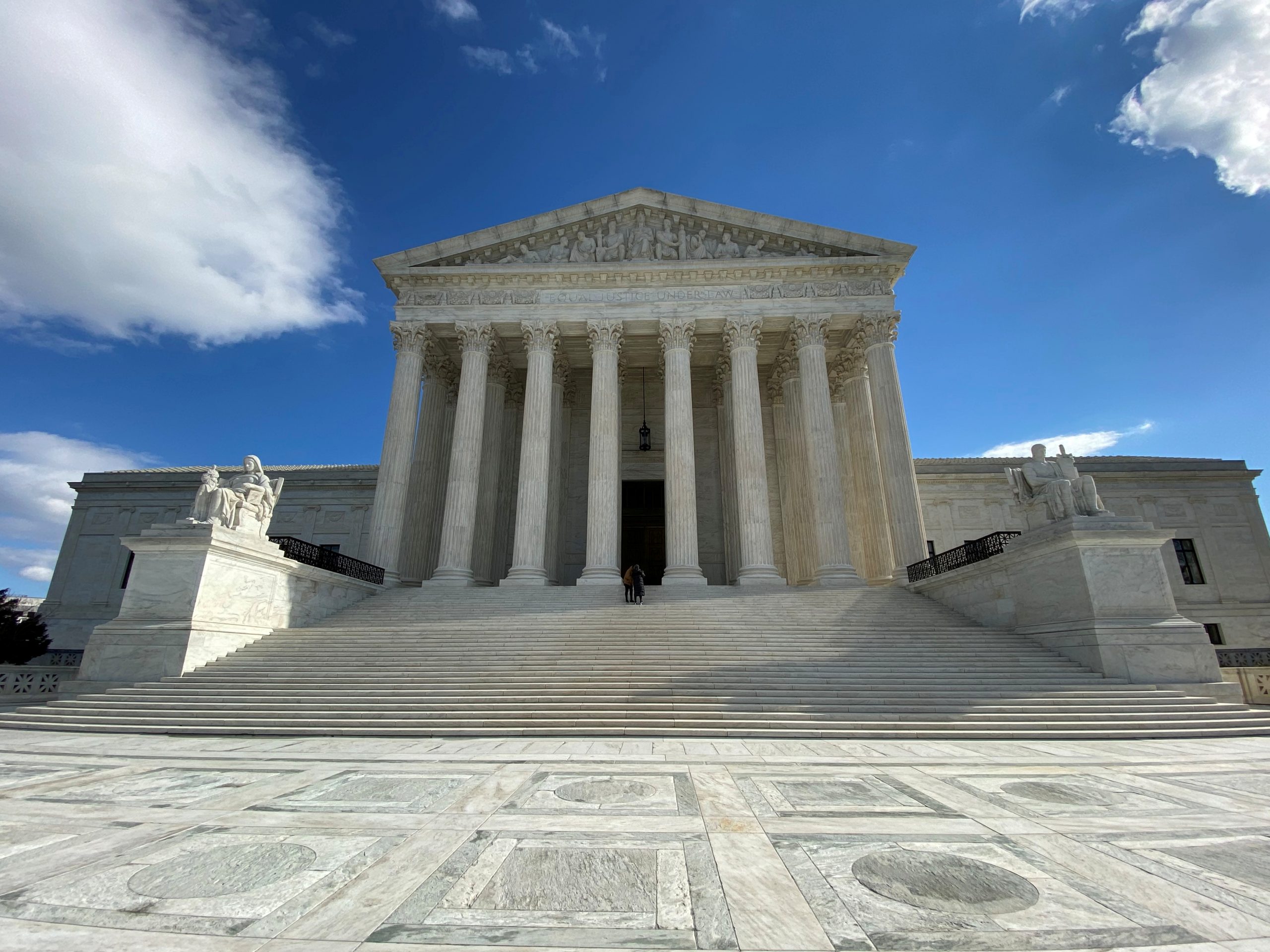The U.S. Supreme Court narrowed the separation of church and state in a major ruling on Tuesday by endorsing Montana tax credits that helped pay for students to attend religious schools, a decision paving the way for more public funding of faith-based institutions.
In a 5-4 decision with the conservative justices in the majority and the liberal justices dissenting, the court backed a Montana program that gave tax incentives for people to donate to a scholarship fund that provided money to Christian schools for student tuition expenses.
The ruling, written by Chief Justice John Roberts, represented the court’s latest expansion of religious liberties, a priority of its conservative majority in recent years.
The court sided with three mothers of Christian school students who appealed after Montana’s top court invalidated the tax credit for violating the state constitution’s ban on public aid to churches and religious entities. Thirty-eight states have such constitutional provisions.
The justices faulted the Montana Supreme Court for voiding a taxpayer program merely because it can be used to fund religious entities, saying such action violates the U.S. Constitution’s First Amendment protection for the free exercise of religion.
“A state need not subsidize private education,” Roberts wrote. “But once a state decides to do so, it cannot disqualify some private schools solely because they are religious.”
In the case, free exercise of religion was pitted against another element of the First Amendment – the separation of church and state that prohibits government establishment of an official religion or favoring one religion over another.
President Donald Trump’s administration supported the plaintiffs in the case. His education secretary, Betsy DeVos, is a prominent supporter of such “school choice” plans. Christian conservatives are an important voter bloc for Trump, seeking re-election on Nov. 3.
The National Education Association, a union representing public school teachers, said the ruling could open the door to increased taxpayer-funded religious education as sought by DeVos and conservative Christian groups.
Lily Eskelsen Garcia, the association’s president, said “an extreme Supreme Court just joined the far-right effort to undermine one of our country’s most cherished democratic institutions: public education.”
‘A STRANGLEHOLD’
The conservative Christian legal group Alliance Defending Freedom welcomed the ruling. Its senior counsel, John Bursch, said a strict interpretation of Montana’s constitutional provision “put a stranglehold on educational resources desperately needed by parents and their children.”
In dissent, liberal Justice Stephen Breyer said the ruling risks “entanglement and conflict” over where to draw the line between allowing free exercise of religion while protecting against government endorsement of religion. Breyer said the ruling could lead to legal fights over whether states have to directly fund religious schools as well as secular public schools.
The decision followed the Supreme Court’s 2017 ruling that churches and other religious entities cannot be flatly denied public money even in states with constitutions explicitly banning such funding.
The Montana tax credit program, created in 2015, provided up to $150 as an incentive for donations to groups that fund scholarships for tuition to private schools including religious schools. In practice, most of the money went to Christian schools. The one such scholarship organization currently operating provides $500 payments to schools, primarily to help lower-income students attend.
The dispute began when Montana tax officials limited the program to non-religious schools to comport with the state constitution’s prohibition on “direct or indirect” public aid to any church religious educational entity.
Lead plaintiff Kendra Espinoza and two other mothers of students at Stillwater Christian School in Kalispell, Montana sued, saying the exclusion violated their religious rights. The top state court struck down the scholarship program in 2018 because it could be used to pay for religious schools.
(Reporting by Andrew Chung in New York and Lawrence Hurley in Washington; Editing by Will Dunham)

























 Continue with Google
Continue with Google